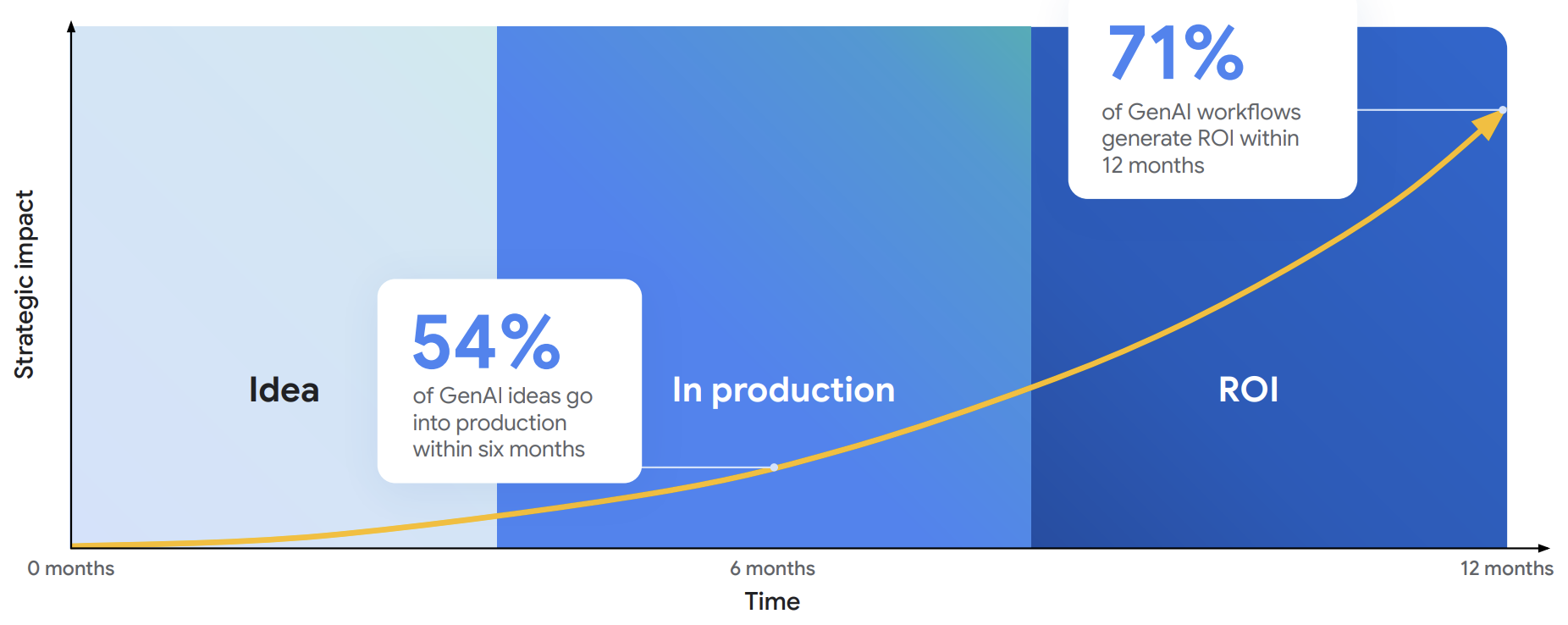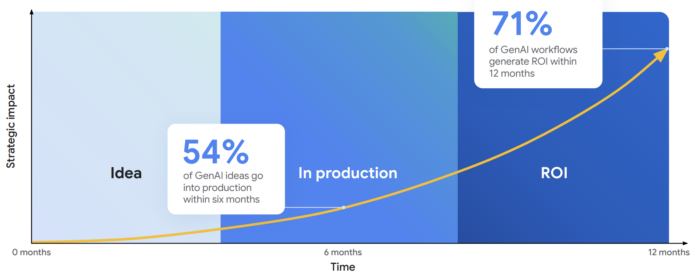- Southeast Asia’s digital economy is experiencing rapid growth and profitability, with AI emerging as a key driver in its continued success.
- As the 2024 e-Conomy SEA report highlights, Southeast Asia is ideally positioned as a fertile ground for AI development and adoption.
- Strategic investments in areas like GenAI adoption, talent development and AI infrastructure, as well as a supportive policy environment, are vital.
Southeast Asia’s digital economy is a story of remarkable resilience and dynamism. Millions in the region join the digital landscape every year as consumers, entrepreneurs, developers and creators, driving both economic growth and societal transformation.
The e-Conomy SEA 2024 report by Google, Temasek, and Bain & Company captures this dynamism and reveals a regional digital economy that has achieved profitability. In just two years, profitability has grown 2.5x, from US$4 billion in 2022 to US$11 billion in 2024. This underscores the region’s capacity to not only embrace innovation but to translate it into tangible economic gains, delivering a 10x increase in revenue since 2016.
Combined with strategic investments and forward-thinking policies, the region’s inherent strengths in artificial intelligence (AI) are set to propel Southeast Asia to the forefront of the global AI revolution.
Southeast Asia’s distinctive AI advantage
The region already boasts a unique combination of advantages that create a fertile ground for AI to flourish.
First, it’s home to a young and digitally native population that readily embraces AI-powered solutions. This enthusiasm is evident in the significant volume of AI-related online searches, with countries like Singapore, the Philippines and Malaysia ranking among the top globally. Interestingly, the region displays a greater interest in AI’s potential benefits than apprehension about its risks, reflecting a culture of acceptance and exploration.
Secondly, strong government support and investment are fostering AI adoption and development. Several countries are making strides in developing their own national AI frameworks. Funding for research and development is ramping up, and regulatory sandboxes allow for experimentation.
This proactive approach is cultivating a favourable environment for AI innovation and attracting investment from both local and international players. In the first half of 2024 alone, more than US$30 billion has been committed to building AI-ready data centres across Singapore, Thailand, and Malaysia. This influx of capital is laying the foundation for accelerated computing, AI services and data growth, positioning the region for long-term success.
Finally, it’s impossible to discuss Southeast Asia’s AI landscape without acknowledging the vibrant ecosystem of innovators driving its growth. Entrepreneurs across the region are harnessing the power of artificial intelligence to address critical challenges and unlock new possibilities. Startups like Lytehouse AI, DiMuto and CarbonSync are developing cutting-edge solutions across diverse sectors, from security infrastructure and agricultural trade to sustainability.
This spirit of innovation extends far beyond the startup space. The region’s game developers are capturing the imagination of players worldwide, driving a significant surge in mobile game downloads. Our report reveals that an outsized share of 12% of all mobile game downloads now originate from Southeast Asia – a testament to the exceptional technical prowess and creative energy that defines this dynamic region.
How is the World Economic Forum advancing the digital economy in ASEAN countries?
Generative AI: Reshaping industries and delivering value
Generative AI (GenAI), with its ability to create new content and automate complex tasks, is already demonstrating its potential to revolutionize industries and generate tangible value in this region.
In e-commerce, GenAI powers personalized product recommendations, driving increased customer engagement, higher gross merchandise value (GMV) and larger basket sizes. The travel sector is also benefiting from AI-powered tools that enhance customer satisfaction and drive revenue growth. Similarly, the gaming industry is using GenAI to accelerate game development and build larger game libraries at lower costs, ultimately contributing to increased GMV.
Beyond these specific sectors, artificial intelligence is enhancing broader business functions across all industries. What’s truly remarkable is the speed at which companies in Southeast Asia are realizing value from GenAI.
The report revealed that most organizations can move from an initial idea to production within six months. Impressively, 7 out of 10 organizations in Southeast Asia report a positive return on investment (ROI) attributable to GenAI workflows within 12 months of implementation.

Strategic investments for AI leadership
To fully capitalize on the AI opportunity and cement its position as a global AI leader, Southeast Asia must prioritize strategic investments in several key areas:
- Embrace Generative AI: AI offers immense potential for businesses in Southeast Asia, but success hinges on a strategic approach focused on creating tangible value. Companies must go beyond simply adopting the technology and instead align AI initiatives with their core business objectives. By identifying specific challenges and deploying AI solutions strategically, businesses can unlock new levels of efficiency, productivity and innovation.
- Nurture a skilled AI talent pool: Investing in education and upskilling programs is crucial to equip the workforce with the necessary AI skills. Integrating AI literacy into national skills frameworks will build a pipeline of data scientists, machine learning engineers, and AI professionals. Initiatives like the recent $5 million grant from Google.org to the ASEAN Foundation for AI literacy development can play a role in this shared agenda.
- Build robust and scalable AI infrastructure: Investing in data centres and cloud computing solutions is essential to support the increasing demands of AI workloads. The e-Conomy SEA report highlights significant investments in AI-ready data centres across Southeast Asia, including Google’s recent investment into Thailand and Malaysia, indicating a strong commitment to building the necessary infrastructure. These data centres will not only power accelerated computing and AI services regionally, but also contribute to the global AI landscape. Fostering stronger partnerships with technology providers is also crucial to ensure access to the latest tools and expertise.
- Foster a supportive policy environment: Policy-makers have a crucial role to play in creating an environment that promotes AI talent development and adoption among businesses while ensuring responsible AI development. Addressing both the risks and opportunities of AI through a supportive policy environment will be essential to creating a conducive environment for innovation and AI adoption.
By fostering a thriving AI ecosystem, Southeast Asia is not only poised to unlock significant economic growth but to surpass developed economies in GDP growth.
This is a defining moment for the region, an opportunity to seize the reins of the AI revolution and shape a future where AI benefits all. The world is watching, and Southeast Asia is ready to lead the way.

